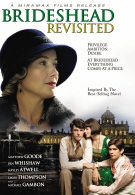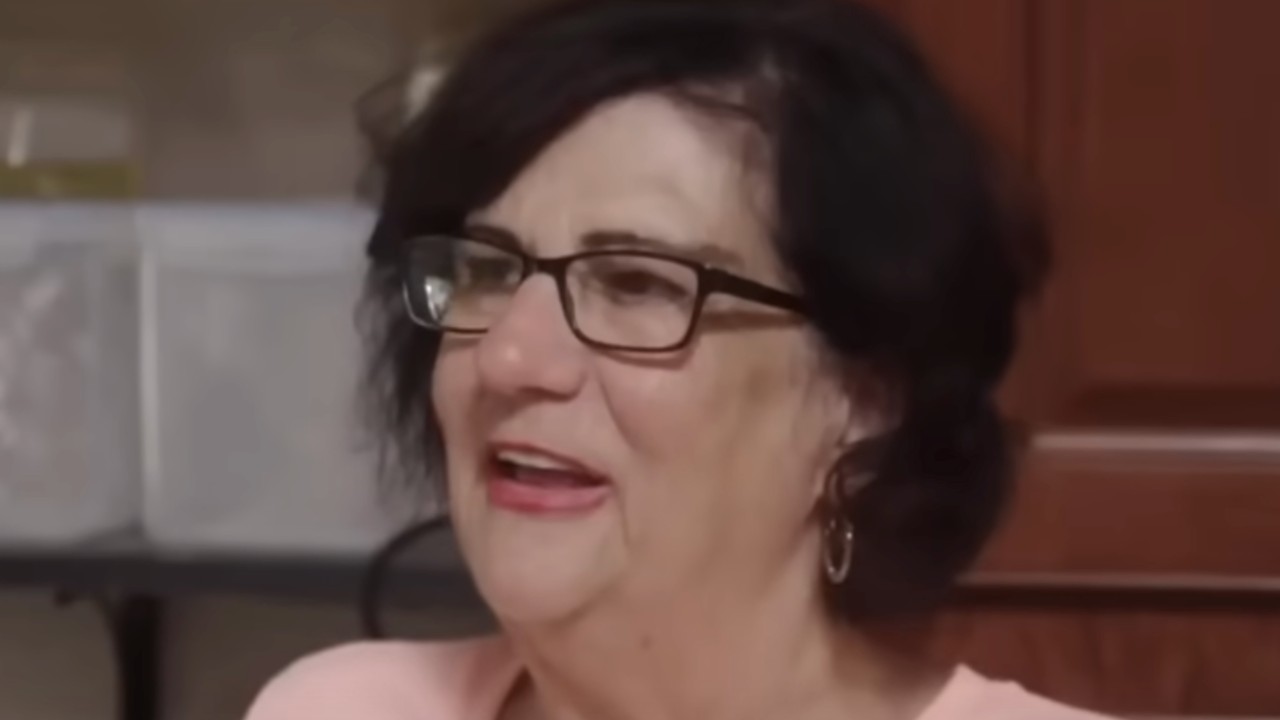Some movies are like tomatoes or hockey; no matter how many people like them, they are just not for me. I can acknowledge that they are well done but not connect with them on any real level. That’s pretty much how I felt watching Brideshead Revisited. Brideshead Revisited is an adaptation of classic 1945 Evelyn Waugh novel that I’ve never read. It was also made into a classic 1981 mini-series that I’ve never seen. I guess I came to this most recent big screen version with pretty fresh eyes.
In the 1920’s, middle class Londoner Charles Ryder (Matthew Goode) meets rich aristocrat Sebastian Flyte (Ben Whishaw) at Oxford. Since Homer Simpson likes his beer cold, his TV loud, and his homosexuals flaaaaaaaaaaaming, he’d appreciate Sebastian. Charles enjoys Sebastian, but once he is taken to Brideshead, Sebastian’s insanely ritzy estate in the country, he’s in love. Not so much with Sebastian, but with Brideshead and all that it represents to someone like Charles.
Of course, it can’t just be Charles and Sebastian and their chummy relationship living happily ever after. Sebastian drinks. He drinks a lot. This is subtly shown by always having him hold a glass of alcohol, stumbling around a lot, and saying things like “I’m going to sit in the pub and drink all day.” It turns out that the family is Catholic and Mummy, the Lady Marchmain (Emma Thompson), is laying the guilt trip on her gay son pretty heavily. She also uses the sin and fear cards on her daughter, Julia (Hayley Atwell.) So you get a nice big house that Charles wants to try to get into while the residents try like hell to get out.
Naturally, Charles and Julia fall for each other. That sends the already fragile Sebastian into a tailspin, but since Charles isn’t Catholic, he isn’t allowed to marry Julia. It sort of goes on like this, with the repercussions of the odd triangle getting mixed up in issues of class, power, money, religion, freedom, and greed.
While that all sounds pretty exciting, it’s mostly just a lot of talking: Julia and Charles talking, Sebastian and Charles talking, Sebastian and Julia talking to their estranged father (Michael Gambon) and his Italian mistress (Greta Scacchi), Lady Marchmain trying to manipulate everyone with her talking. The acting, with the exception of Goode who is a bit stiff, is really good. It’s deep stuff and it’s put out there in a strong way by excellent actors, but it just didn’t grab me.
One problem is the movie is at once too long and too short. The relationship between Charles and both Flyte children is supposed to be deep and life-changing, but it’s presented somewhat superficially. You don’t really get a sense of how Sebastian (or Julia) could have fallen so hard. You don’t see why Lady Marchmain feels betrayed by Charles at one point in the film, since the nature of their relationship isn’t really well developed. Conversely, some scenes seem long or unnecessarily slow. It just isn’t interesting enough to warrant some of the length in certain parts.
The look of the film is beautiful, the story is a classic, and the acting is good. I mean, I should really like this movie, but I just didn’t. If English aristocratic period movies are your thing, you might get more out of it than I did. For a slightly more positive review by someone who was probably a little more into it than I was, check out Alexandra's thoughts on the theatrical release. While not a barebones release by any stretch, the DVD of Brideshead Revisited doesn’t overwhelm. The picture is provided at a 2.4 to 1 aspect ratio. It does show off the house and locations very well. This is a very nice film to look at, so the widescreen does that to the utmost.
There is a commentary by director Julian Jarrold, co-writer Jeremy Brock, and producer Kevin Loader. The three are not exactly fun but they acquit themselves pretty well. I guess “solid” would be the best word to use. They talk about what they had to cut out of the book (a lot) and sometimes talk about why or ruminate over scenes they would have liked to keep but couldn’t. They also have the luxury of no one being required to carry the bulk of the conversation, so you don’t get the longer pauses you sometimes experience with other commentaries. They are interesting, earnest, and easy to listen to guys, who will give a real fan of the movie (or even the book) an enjoyable experience.
The disc includes about 11 minutes of deleted scenes. The scenes, seven in all, can be played with a commentary by the same trio as provides a commentary for the film. Although they are called deleted scenes, the reality is that five of them are really more extended scenes. They are included in the film but contained dialogue within a scene that was edited out. So you see a scene you remember from the film like Charles leaving for school and talking to his father, or Lord Marchmain coming back to Brideshead but it’s a little longer because a few lines have been added. There is also a little more explanation of what happened to Charles’ wife and who that guy is who lives with Sebastian in Morocco.
The final extra is a 20-minute making-of featurette called “The World of Brideshead.” While it includes the basic behind the scenes stuff, interviews, and location shots, it’s a little more interesting than you typically get. For one, it doesn’t appear it was made simply as advertising before the film was released. It has a bit more depth.
That’s pretty much it. The disc isn’t a disgrace and you get the idea that there wouldn’t have been much more they could have added. It probably would have been interesting to see a comparison of the book or miniseries to this movie, but that is discussed somewhat in the commentary. Like the movie itself, it’s solid if unspectacular and will appeal to a fairly narrow segment.
Joe Hendry Reveals How The WWE Snuck Him Into WrestleMania 41 For Randy Orton Match, And Confirms How Seriously They Take Surprise Appearances
Greg's Mom Seemed Like Another Nightmare 90 Day Fiancê Mother-In-Law, But She Changed My Mind
The Last Of Us Season 2 Episode 3 Live Blog: I'm Talking The Aftermath Of Joel's Tragedy, Ellie's Recovery And More











